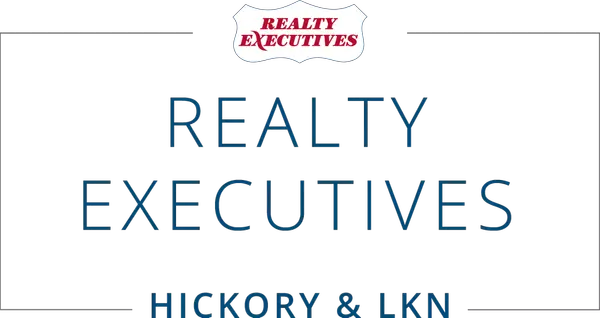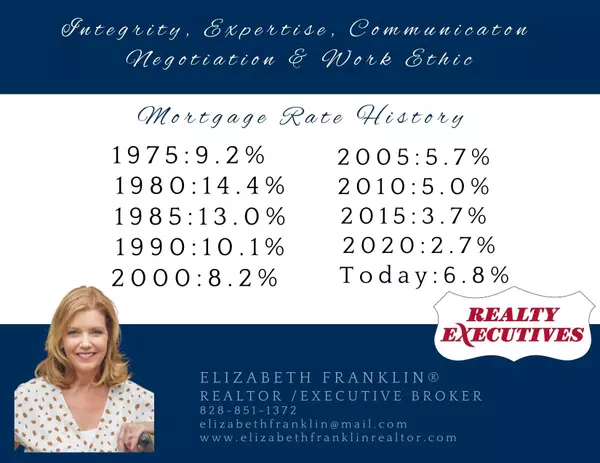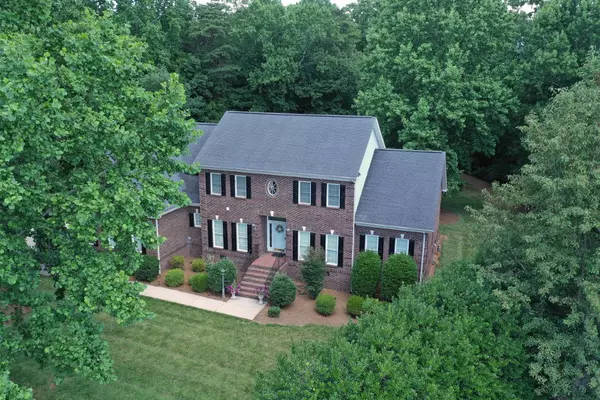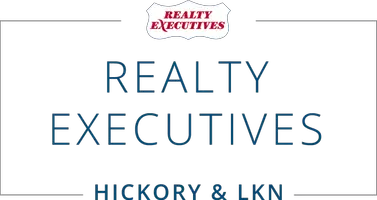Thinking of Buying a Historic Home?
Few things are as charming as a historic home. Their unique character and rich history make them highly desirable for many homebuyers. While historic homes are undeniably appealing, purchasing one requires thoughtful consideration and preparation. Understanding preservation regulations and anticipating renovation challenges are crucial aspects of navigating the purchase of a historic home, which is where a home inspector comes into play.
Benefits of Owning a Historic Home
Historic homes are renowned for their distinct charm and character, which set them apart from modern properties. They often feature intricate architectural details, offering a sense of timeless elegance. Whether you dream of moving into a Victorian mansion or picture yourself enjoying hours in a Craftsman bungalow, each historic home has its own unique personality.
Owning a historic home can even save you money. Most local governments offer financial incentives, such as grants or tax credits, to encourage the preservation of historic properties. These benefits can make it easier to afford renovations and upkeep. Additionally, some historic homes qualify for special property tax breaks, providing homeowners with further financial relief.
Navigating Your Historic Home Search
Before diving into your historic home search, consider your lifestyle and preservation goals. Reflect on how you plan to use the home and what level of preservation you are comfortable with. Are you looking for a fully restored property, or are you open to taking on renovation projects? Being clear about your priorities will help narrow your search and find the perfect home for your vision.
It is important to find your allies before beginning your house hunt. Seek out agents or brokers with experience in the niche market of historic homes. These professionals can provide valuable insights into local regulations, historical significance, and available properties. They can also help you navigate the unique challenges and considerations associated with purchasing a historic home, ensuring a smoother and more informed buying process.
As you explore potential historic homes, pay close attention to their architectural features and historical significance. Evaluate the property’s condition, noting any original details or notable architectural elements that contribute to its historic charm. Research the home’s history and previous ownership, if available, to gain insight into its past and significance within the community. By thoroughly analyzing these factors, you can better understand the value and potential of each historic home you consider.
Pre-Purchase Research
After finding a home you like, check local preservation laws. These rules protect the look and history of houses in historic areas. They might control changes to the exterior, renovations, or even landscaping. Knowing these rules helps you follow them and avoid problems later. Look up local preservation laws and get advice from experts if needed.
Before buying a historic home, a detailed inspection is crucial. Although these homes have charm, they might have hidden problems. Hire an experienced inspector to check everything thoroughly, including the structure, electrical and plumbing systems, foundation, and any risks like lead paint or asbestos. A detailed inspection report will provide insight into the condition of the home, helping you make an informed decision about whether to proceed with the purchase.
Financial Preparedness
When preparing to purchase a historic home, it is essential to budget for potential renovations and ongoing maintenance. Historic properties often require specialized care and attention, which can result in higher renovation and maintenance costs compared to modern homes. Before committing to a purchase, assess the condition of the property and identify any necessary repairs or updates.
Create a realistic budget that accounts for these expenses, as well as any unexpected costs that may arise during the renovation process. Consider setting aside funds for future maintenance expenses; preserving the home’s historic integrity is important.
To ease the cost of buying and maintaining a historic home, check out buyer preservation grants and incentives. Many local groups offer financial help for restoring and caring for historic properties. These programs could provide funding for repairs, tax breaks, low-interest loans, or other benefits. Look into what is available in your area and apply for any that match your goals and budget.
Renovation and Restoration Planning
Once you have purchased your dream historic home, it is time to roll up your sleeves and get renovating. Before diving in, document original details like moldings, floors, or fixtures that add to its historic charm. Consult preservation experts to make sure any changes respect these features. Choose restoration methods that enhance the home’s original beauty instead of frequently replacing historic elements.
Hiring reliable contractors and tradespeople is crucial for the success of your renovation project. Take the time to research and vet potential professionals, checking references and past work examples. Clearly communicate your expectations, timeline, and budget constraints upfront to avoid misunderstandings later on. Keep lines of communication open throughout the project, addressing problems promptly to keep the renovation on track.
During the renovation process, unexpected issues or challenges are inevitable. Structural damage, outdated wiring, and other hazards may lurk just out of sight. Be ready to adapt your renovation plans as you encounter such issues. Do not be afraid to consult with professional contractors for guidance on maintaining the integrity of the home without sacrificing safety. You may want to have a contingency fund to cover such unexpected expenses.
Maintaining Your Historic Investment
To keep your historic home in good shape for the future, stick to a regular maintenance plan. Clean, paint, and fix things as needed. Use materials and methods that suit the home’s age and style. Regular check-ups can catch problems early and prevent bigger issues. Learn about preservation methods and get advice from experts or organizations when necessary.
Be sure to budget for regular upkeep and bigger projects like roof repairs or painting. It is always a good idea to save extra money for unexpected fixes or emergencies. Planning ahead and budgeting well will help you keep your historic home in great shape for the long haul.
Categories
Recent Posts










GET MORE INFORMATION


